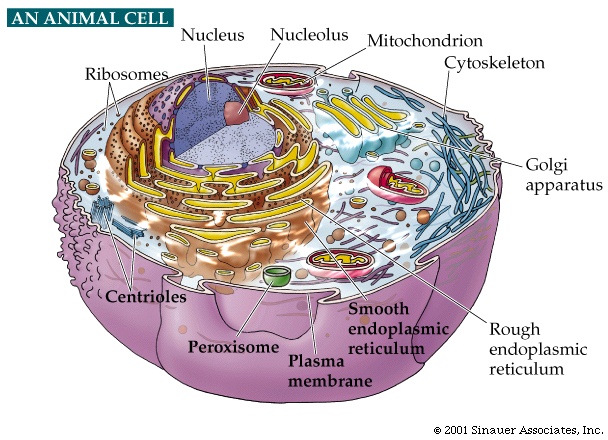Much that has been written here is correct as far as it goes, but none of it goes far enough. A planet that has life might have exactly one life form, a very few life forms or many life forms.
A single life form might exist if it's the very first to exist on the planet in which case it might not be adapted for competition yet. It might be extremely simple from our perspective. But then prions are simple, and we appear to have no useful defense against at least some of them. (From link,"All known prion diseases in mammals affect the structure of the brain or other neural tissue; all are currently untreatable and universally fatal.") If proteins or protein analogs are involved in foreign life, there's a risk that every foreign 'protein' is a potential prion.
Alternatively, a single life form might also have out-competed everything else to death leaving the raw material of the planet to itself. Hard to guess if that's better or worse for us.
A "few" life forms might be an early extrapolation from "single life form", i.e., the earliest variants or alternatively the few survivors of competition. Either way, the dangers are still potentially great.
Most likely, after life begins to evolve, it becomes varied. If a planet is habitable for humans and has life, we can expect many (millions?) of different forms. Sure, our "immune" systems might easily handle 99.9999% of them, but it's that one-in-a-million that can do all of us in. Our "immune" systems don't work too well against things they've never been exposed to before, especially things that the whole species has never seen. History is full of epidemics from unfamiliar infectious agents even if it only rarely happens.
Further, even on earth, our "immune" systems have trouble with things that they don't actually interact with. A fairly common example is amoebic dysentery. Living in us doesn't necessarily mean "in our blood stream". We can be inhabited in ways that avoid most immunity protections. It seems likely that at least one-in-a-million could find a comfortable living in some warm, moist niche.
The trouble comes in numbers. There can be so many possibilities in millions of life forms. We regularly run into new ones here on Earth. Fortunately, most of them are harmless to us. But in an absolutely foreign ecosystem? It won't be a rare organism that we run into, but every single one that is foreign to humans. We still might expect an extreme majority to be benign or even helpful. It'd be a pretty serious mistake to think that there won't any that would kill us, though. There's just too many possibilities, and it only takes one. And we can expect them (as a massed group) to evolve/adapt faster than we do, just as they do here.

